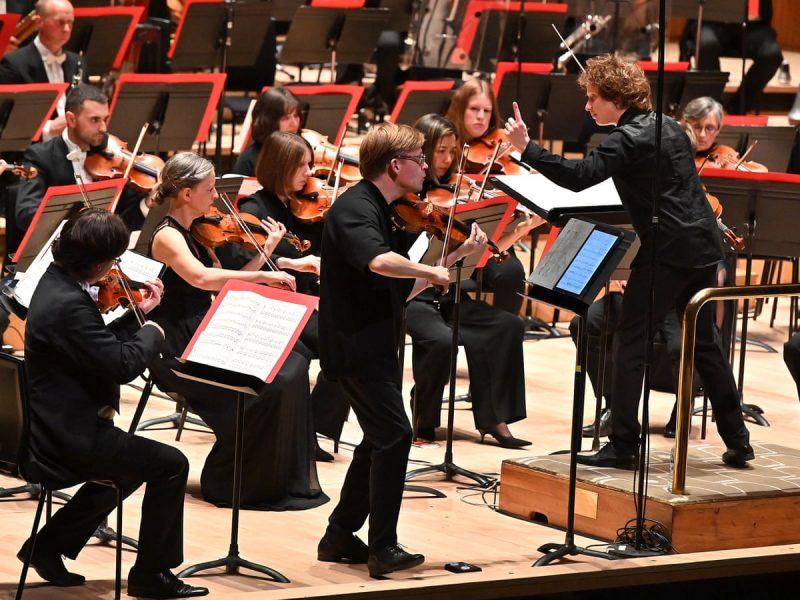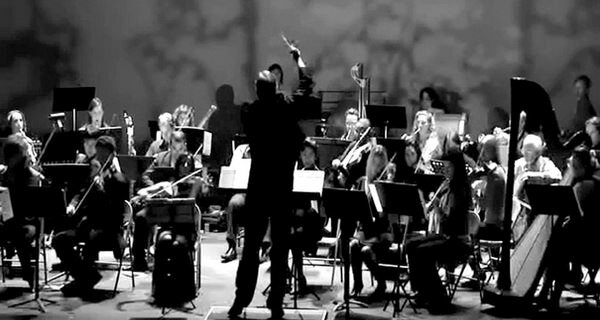Is Classical Music Still Relevant Nowadays?

Amidst the rise of modern genres and technology-fueled beats, one might wonder about the place of classical music in today’s fast-paced world. Is it merely a relic of the past, or does it still find resonance among contemporary listeners? Classical music, with its intricate harmonies and elaborate compositions, is more than just a memory. It is a living, breathing entity that continues to inspire, heal, and mesmerize.
From the echoing melodies of Beethoven’s symphonies to the haunting harmonies of Chopin’s nocturnes, classical music has shaped the landscape of global culture for centuries. Its foundation, built on raw emotion and unparalleled craftsmanship, continues to impact the music scene, raising the question: How does classical music fit into our modern lives?
A Deep Dive into Contemporary Culture
In our digitized era, where music is often used as background filler, classical compositions still manage to demand our full attention. The slow build of a symphony, the crescendo of an opera – these moments transport listeners to a different time, proving that true art transcends era.
Younger generations, initially exposed to classical pieces in movies or commercials, are now finding themselves captivated by its beauty. Streaming platforms reveal a surge in classical music playlists, especially among millennials seeking solace in its calming tones.
Lastly, modern pop artists, from Lady Gaga to Billie Eilish, frequently cite classical influencers. They understand the power these compositions hold, integrating their essence into chart-topping hits.
Inspiring Figures in the Modern Classical World
Two noteworthy figures stand out when discussing the relevance of classical music today: Lang Lang and Ludovico Einaudi.
Lang Lang, the celebrated Chinese pianist, faced numerous setbacks in his early years. From being deemed “untalented” by a childhood instructor to battling a severe arm injury in 2017, he faced challenges that could have deterred his passion. Yet, with determination, he now graces global stages, showcasing the allure of classical music to millions.
Ludovico Einaudi, an Italian pianist and composer, beautifully blends classical and contemporary styles. While he faced criticism for not adhering strictly to classical norms, his unique compositions have garnered a massive following. Tracks like “Nuvole Bianche” have featured in movies, commercials, and more, touching hearts worldwide.

The Therapeutic Touch of Classics
Beyond entertainment, classical music holds therapeutic significance. Several studies highlight its benefits, from reducing stress to improving cognitive function. The intricate notes and harmonies stimulate the brain in ways other genres can’t replicate.
Furthermore, educational institutions worldwide continue to stress the importance of classical training for budding musicians. This foundational knowledge, they believe, equips students to excel in diverse musical landscapes.
Enduring Elegance in a Changing World
So, is classical music still relevant today? Absolutely. Its timeless nature ensures it remains a significant part of our cultural and emotional landscape. While the mediums through which we consume music evolve, the essence of classics remains unaltered.
In the cacophony of modern life, the soft strains of a piano or the powerful notes of an orchestra provide a momentary escape, a gentle reminder of the beauty that exists in our world. Classical music, with its enduring elegance, promises to remain a cherished gem for generations to come.
